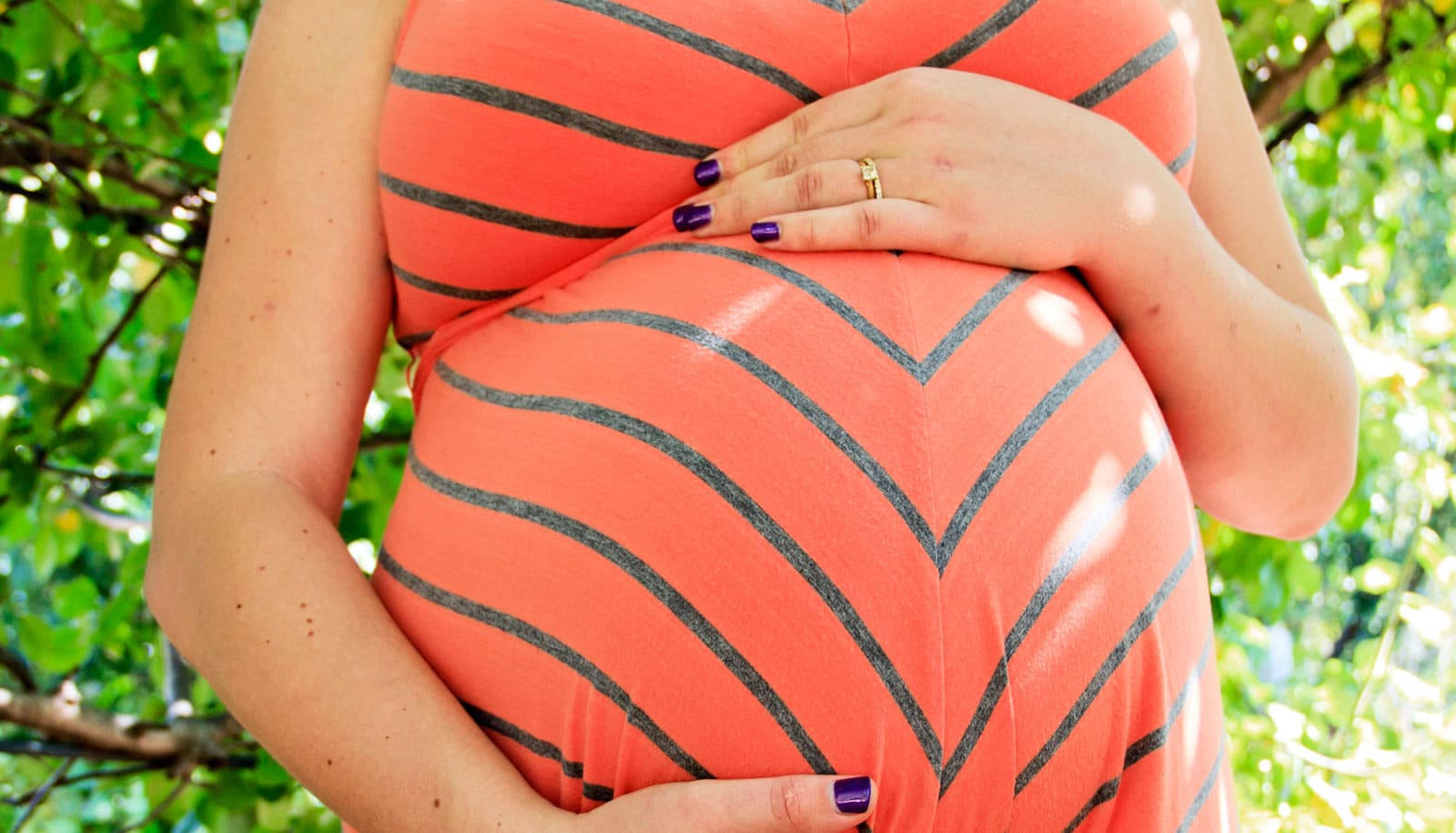The rate of chronic hypertension among pregnant women has increased by more than 13-fold since 1970, according to a new study.
In addition, black women have persistent high blood pressure at more than twice the rate of white women.
For the study in Hypertension, researchers looked at the pregnancies of more than 151 million women in the United States between 1970-2010. Using data from the National Hospital Discharge Survey, which represents all pregnant women during that time, researchers found that while obesity and smoking are proven risk factors, they had no impact on the increase of hypertension throughout the country during the past four decades.
“Women are having children later—4-5 years older, on average, now than in the 1970s and 1980s—and are experiencing higher rates of hypertension during pregnancy as a result,” says lead author Cande V. Ananth, chief of the division of epidemiology and biostatistics in the obstetrics, gynecology, and reproductive sciences department at Rutgers University.
The findings associated advanced maternal age with the increase, with the rate of chronic hypertension increasing on average 6% per year—13 times what it was in 1970, Ananth says.
The study also found a substantial disparity between white and black expectant mothers. Researchers say this could be because black women have higher rates of preeclampsia, pregestational and gestational diabetes, preterm delivery, and perinatal mortality.
Since the increasing age of pregnant women will probably not change, Ananth says the question now becomes what can lessen the growing rates of hypertension and prevent possible adverse outcomes in pregnancy?
“Women need to better control their blood pressure before and during pregnancy. Smoking cessation, weight control, behavioral changes, and effective anti-hypertensive therapy—all modifiable factors—may lead to healthier lifestyles and will likely have a substantial beneficial effect on chronic hypertension and pregnancy outcomes,” Ananth says.
Reducing obesity, quitting smoking, adopting an overall healthier lifestyle before and during pregnancy, and treating high blood pressure effectively to control hypertension before becoming pregnant could offer the best outcome, researchers say. For every one to two pounds lost prior to pregnancy, blood pressure goes down, Ananth says.
“Not only do these findings have implications for the health of the women and newborns during pregnancy, they have lasting implications on future risks of cardiovascular and stroke risks in women later in life. Being aware of your blood pressure before and during pregnancy, and taking steps to reduce it, is key to women’s health during pregnancy,” he says.
Source: Rutgers University



